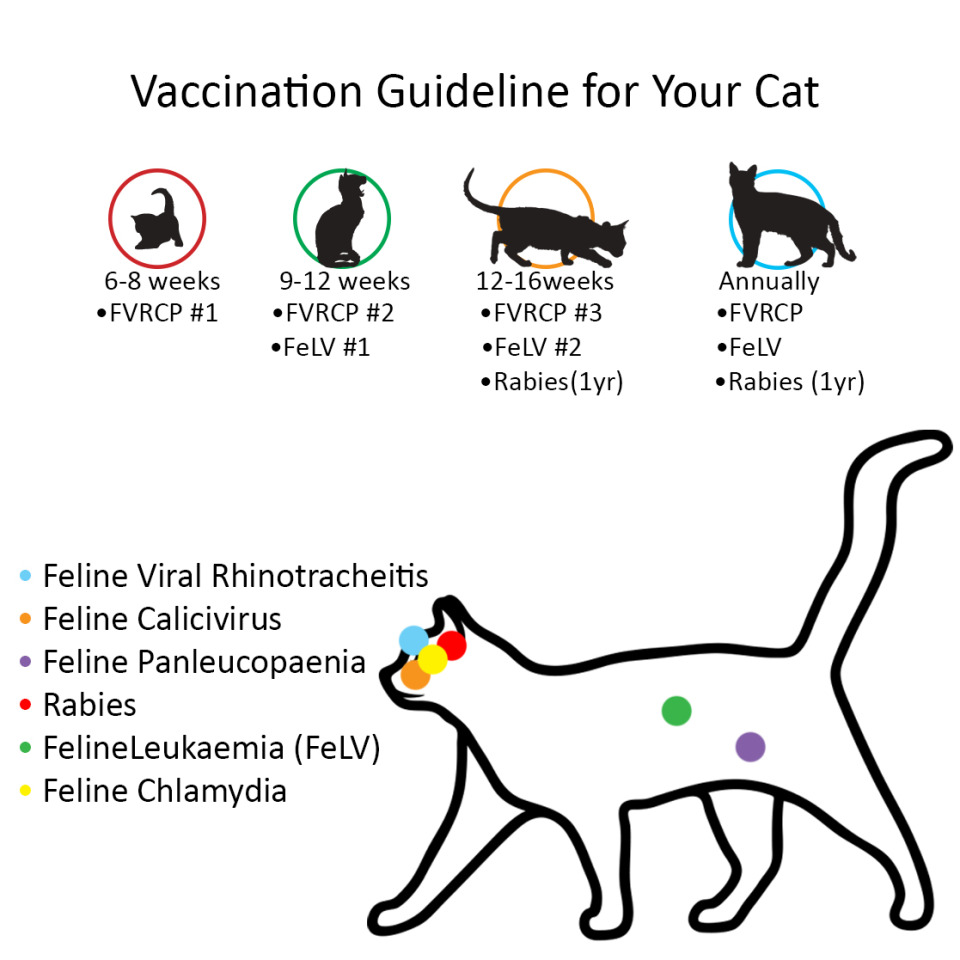cat rabies vaccine reaction
Rare reactions to the rabies vaccine include. In very rare circumstances a vaccine can cause a severe allergic reaction anaphylaxis.
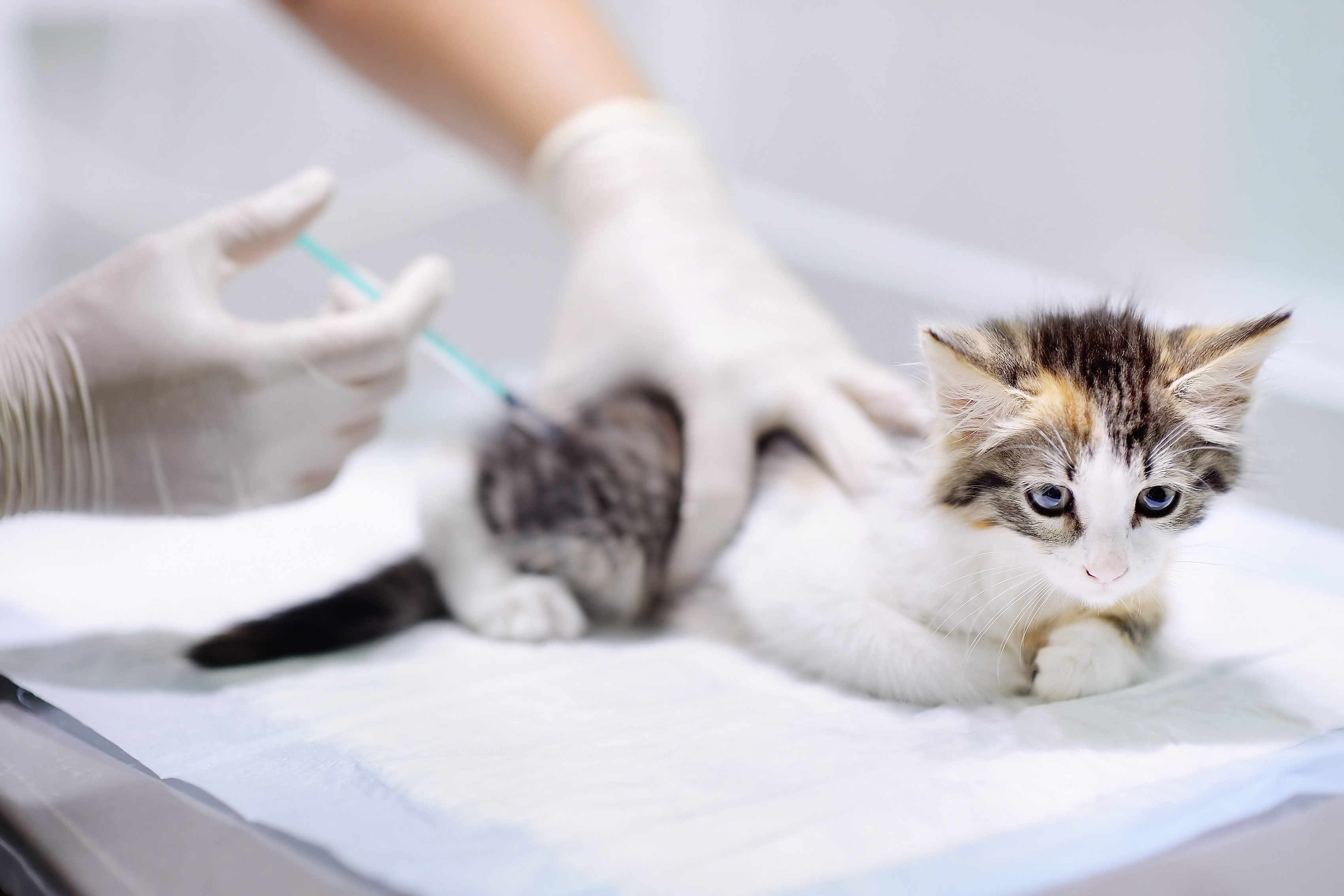
Rabies Vaccinations For Indoor Cats Friendship Hospital For Animals
There may be some soreness at the site of the stimulus which in the case of vaccines means the place where the shot went in.
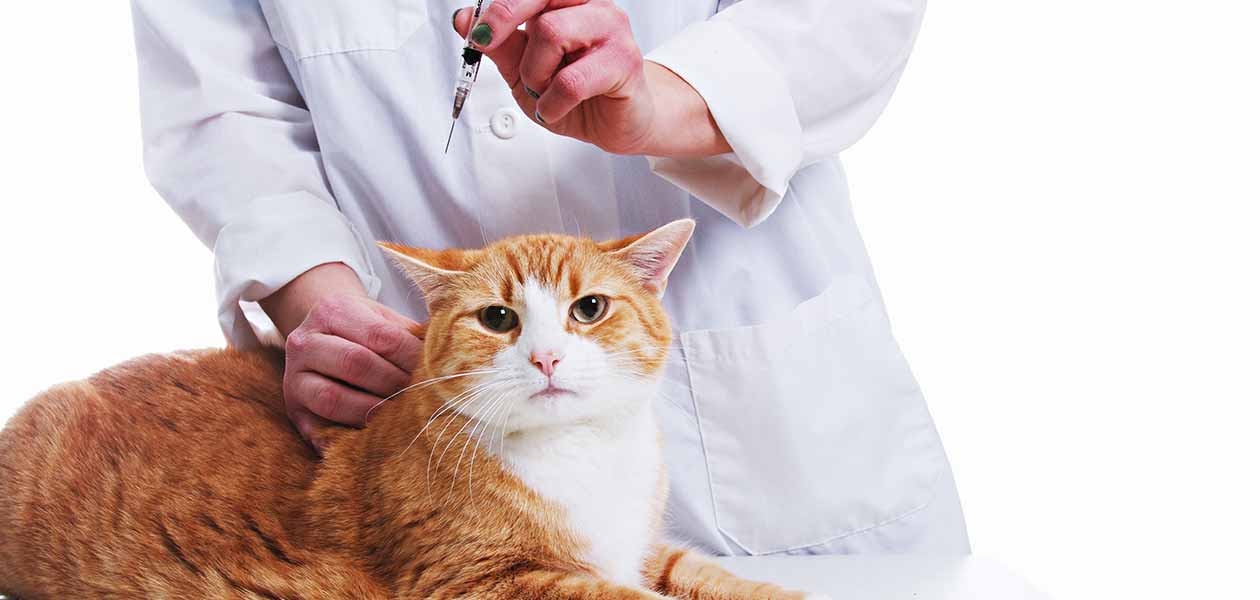
. Some cats will develop a mild reaction that may last for a few days to a week after the vaccination. More common Chills dizziness fever general feeling of discomfort or illness headache itching pain redness or swelling at the injection. Swelling at the injection site.
Mild reactions can include a variety of symptoms such as mild fever lethargy poor appetite sneezing or respiratory problems slight discomfort at the injection site slight swelling at the injection site and vomiting. These may include some lethargy and inappetence. These rabies vaccine side effects usually disappear within a few days.
At this point the virus is attacking the nervous system and prevents them from swallowing leading to the classic sign of excessive drooling or foaming at the mouth. In extremely rare cases cats may develop an allergic reaction to the vaccine which includes hives swelling of the face. After their booster the rabies vaccine is given every 1 or 3 years depending on which one is.
Rabies vaccines are. A protein in the rabies vaccine can sometimes damage a cats liver kidneys. Some cats have an allergic reaction to the vaccine.
When they do happen they include slight fever lethargy decreased appetite and a localized swelling at the vaccine site. The most common side effects are mild and include lethargy inappetence or tenderness at the injection site usually lasting no longer than a few days. In many developing countries dogs are the major vector of rabies.
Exposures to dogs in such countries represent an increased risk of rabies transmission. While this is not classified as an allergic reaction it should also be monitored and treated should a lesion occur at the injection site. Sometimes referred to as injection-site sarcoma vaccine-associated fibrosarcoma was first reported in cats in 199167 This adverse reaction is rare with an estimated occurrence in cats of 001 to 01.
Fever low grade Diarrhea. Bovine serum albumin and fibronectin. Swelling anywhere on the body Breathing difficulty Cold ears legs and feet Seizures A pounding heart beat Collapse.
Breed variations in response to rabies vaccination were recently reported. The third is the paralytic stage in. Vaccine-induced rabies in dogs and cats following MLV vaccination begins with paralysis in the inoculated limb within 7 to 21 days and progresses bilaterally and in an ascending fashion.
The large number of rabies-infected cats might be attributed to fewer cat vaccination laws fewer leash laws and the roaming habits of cats. Redness mild swelling and tenderness at the vaccination site Decreased activity levels fatigue Loss of appetite Low-grade fever Nasal discharge sneezing coughing or other respiratory symptoms which may occur up to 2 to 4 days after an intranasal vaccine vaccination with drops or sprays via the nostrils is administered. Itching Sneezing Signs of a serious reaction to the rabies vaccine in cats include.
They may also excessively cry out and experience seizures and a loss of appetite. In some cases cats may have a localized inflammatory reaction and develop a subsequent sarcoma due to FeIV or Rabies vaccine. The reactivity of the IgE included the nontarget proteins in the tissue culture fluid.
Symptoms to watch for include breathing. A cats immune system starts to adapt following a vaccine which means that a cat may feel sick. Symptoms of a severe allergic reaction include.
Encephalomyelitis has been reported after combined distemper virus vaccination in the dog especially in very young pups. Hives which appear as firm lumps all over the dogs body and may or may not be itchy Vomiting Diarrhea Swollen face muzzle andor eyes Severe pain or swelling at the injection site Cough Collapse or fainting. It is most commonly associated with administration of adjuvanted killed vaccines such as rabies and feline leukemia virus FeLV.
Has released a new rabies vaccine for cats apparently in response to veterinarian and owner concerns about the safety of added adjuvants substances that are intended to increase the immune response mounted by a cat after receiving a vaccine. Genetic makeup most likely plays a major role in the risk of vaccine reaction. Some common side effects of feline vaccinations include.
A stimulated immune system may lead to lethargy. Other reactions reported in cats include lethargy with or without fever vomiting facial edema and generalized pruritus. More serious side effects can include.
Most types of injectable vaccine and non-vaccine products have rarely been associated with sarcoma development in cats but cats may develop a site specific sarcoma following rabies vaccination or feline leukemia virus vaccination. As with all vaccines the individual cat may show some transient mild side effects in the day or so following vaccination. A multivalent vaccine without adjuvant failed to alter IgE levels but addition of the rabies vaccine or rabies vaccine alone containing alum adjuvant caused there to be an increase in IgE reactive with vaccine antigens.
These tumors are characterized as highly invasive rapidly growing and malignant. More marked side effects may include vomiting diarrhoea lameness fever signs of respiratory tract infection or lumps at the site of injection. Talk to your veterinarian about whats right for your pet.
Signs of a mild reaction or allergy to the rabies vaccine in cats include. Pain at or near the injection site. Some feline rabies vaccines must be given every year while others can be administered every 3 years.
Though rare theres also a chance your cat could have an allergic reaction to the rabies vaccine. Associated side effects include facial swelling vomiting difficulty breathing and. In this stage a rabid cat may become nervous and vicious.
Your cat should receive their first rabies vaccine when they are a kitten usually around 3-4 months of age followed by a booster 1 year later. This is only a concern if it does not quickly recover. Take your pet straight to the vets if they are having a severe allergic reaction.
Lethargy and low energy levels. In fact side effects of rabies vaccines in cats are very rare. Swelling around the location of the injection.

Rabies Vaccine For Cats What Are The Side Effects And Is It Necessary

What Are The Side Effects Of Rabies Vaccinations For Cats General Cat Health Youtube

Vaccine Related Sarcomas Petfinder

Why The Rabies Vaccines For Cats Is So Important For Your Feline Friend Daily Paws
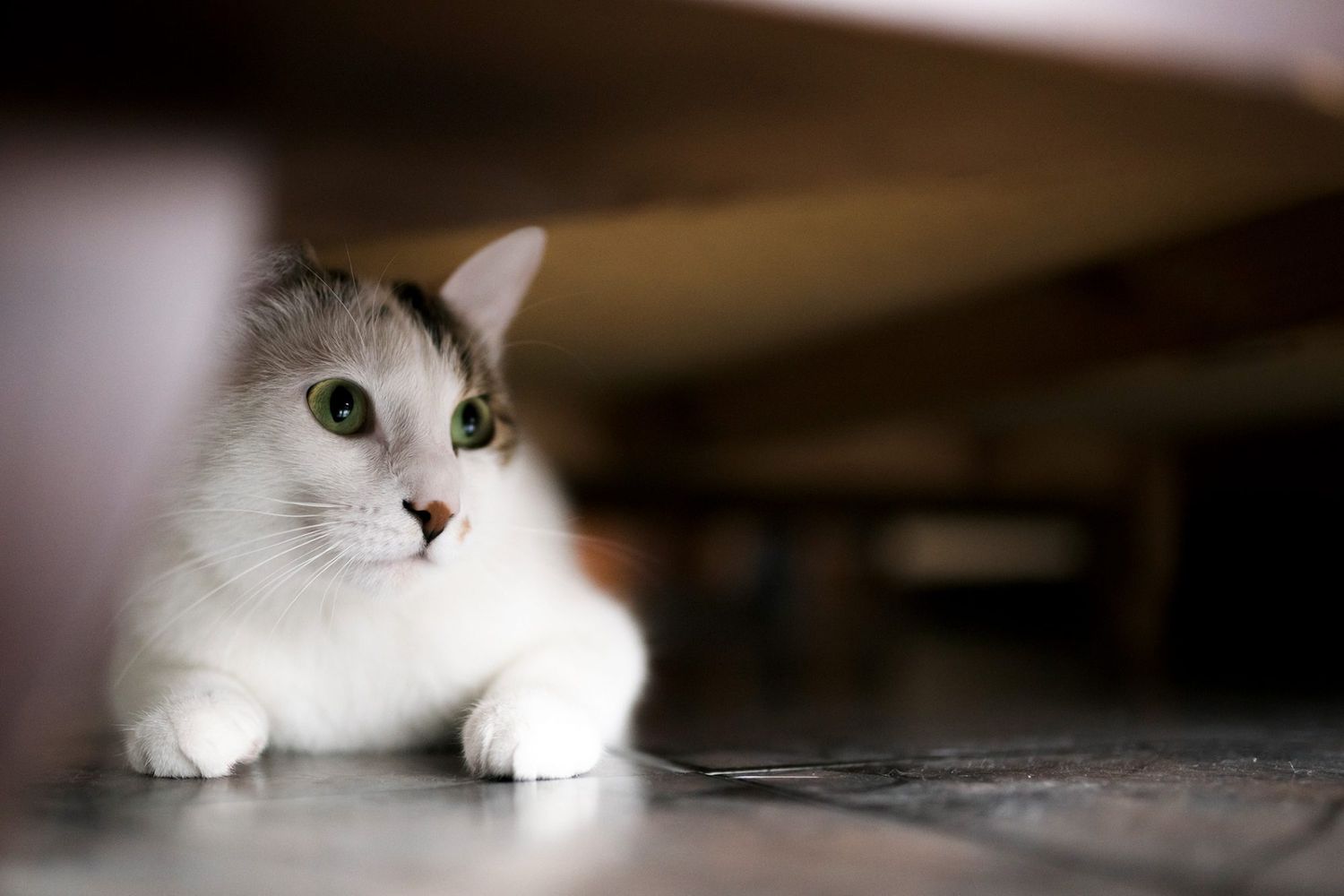
Could Your Cat Have Rabies Causes Symptoms Treatment Daily Paws

Rabies In Cats Vca Animal Hospital
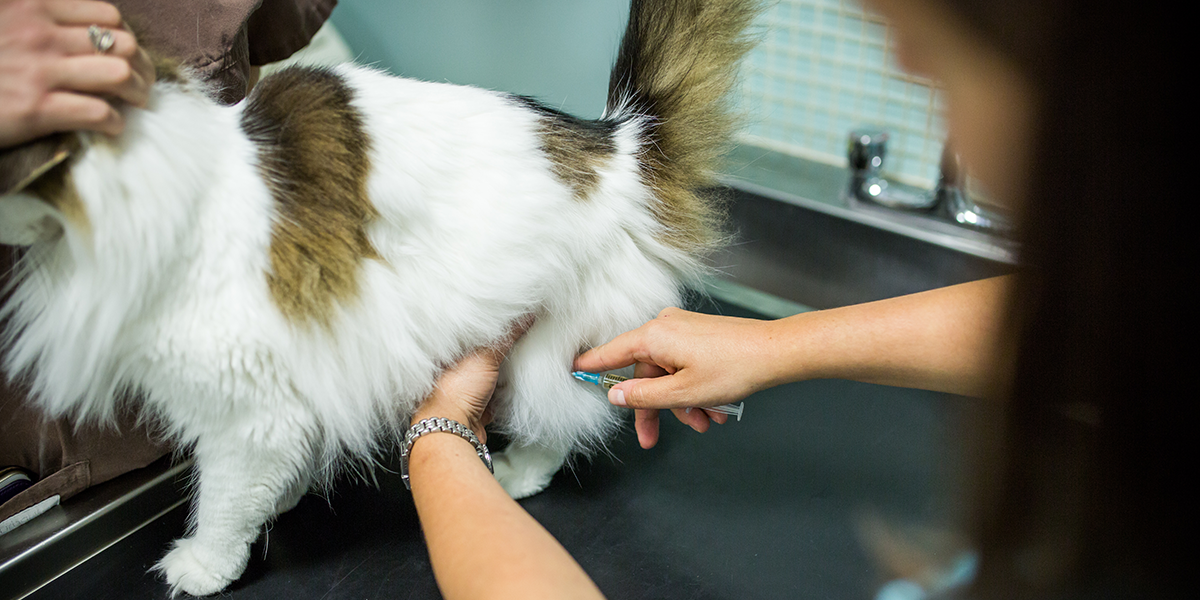
Vaccinating Your Cat International Cat Care

Shots For Indoor Cats Best Sale 55 Off Www Ingeniovirtual Com
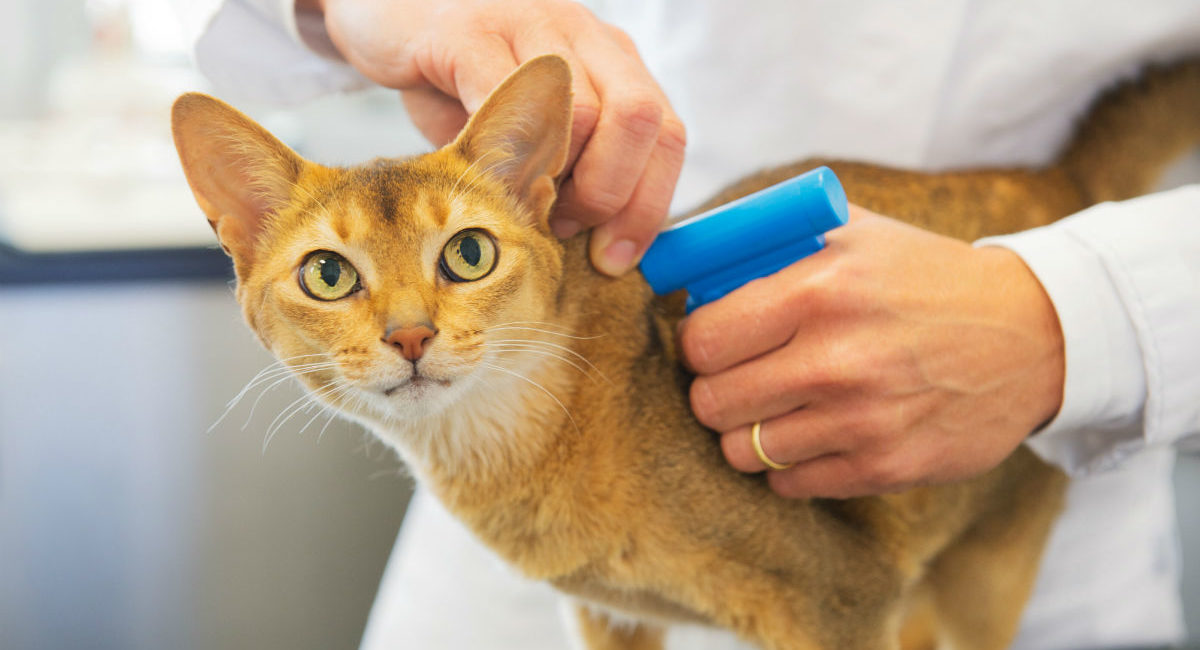
Rabies Vaccine Does My Indoor Cat Really Need It Hillcrest Animal Hospital
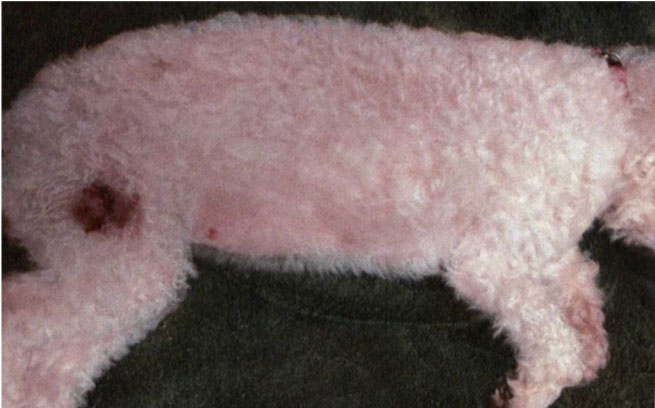
An Injection Site Reaction Post Rabies Vaccination Panniculitis In A Toy Poodle
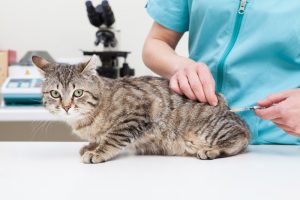
Feline Veterinary Vaccinations In West Palm Beach Fl For Cats Only
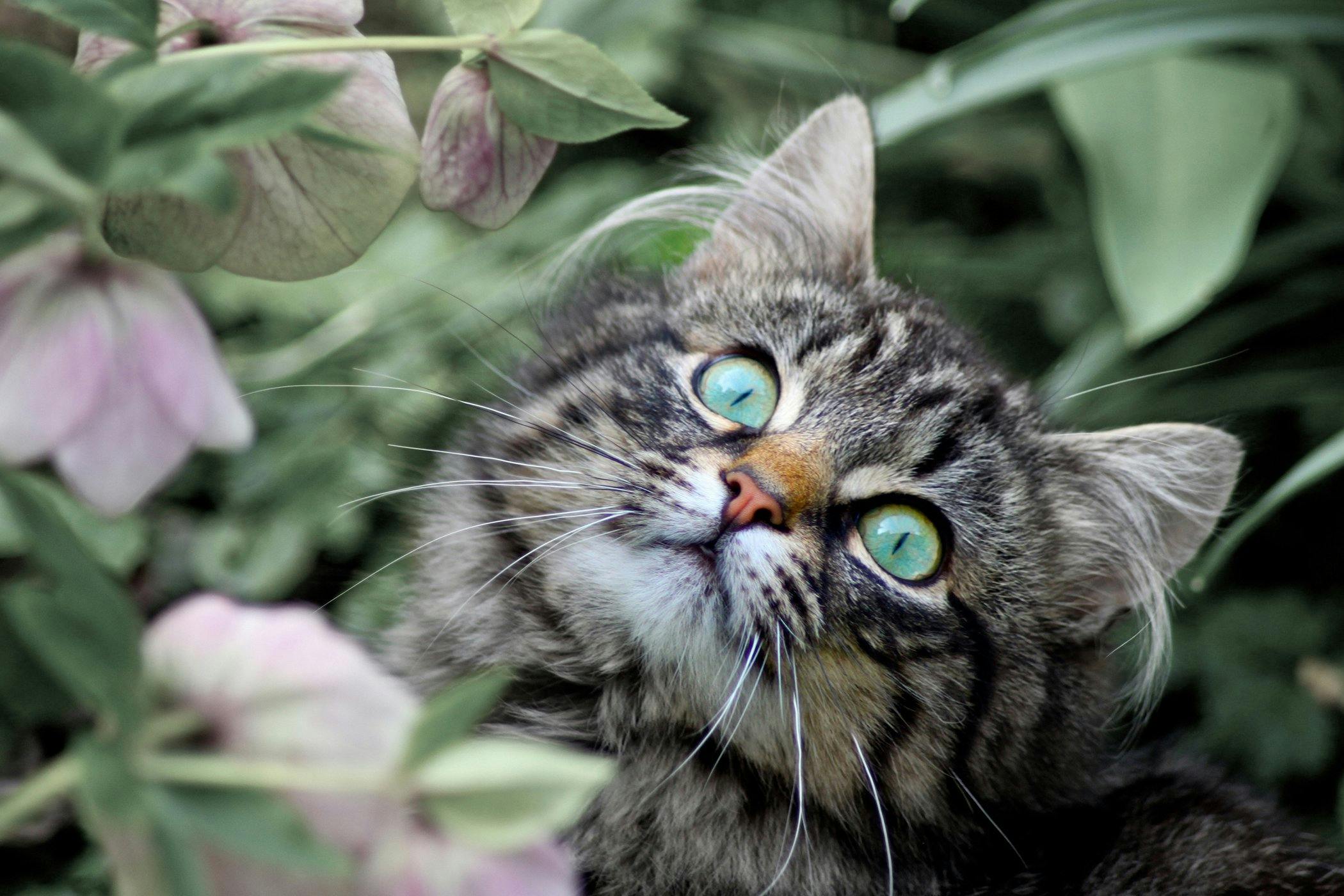
Adverse Reaction To Rabies Vaccine In Cats Signs Causes Diagnosis Treatment Recovery Management Cost
Cats And Rabies Shots Best Sale 55 Off Www Ingeniovirtual Com

Update On Feline Injection Site Sarcomas

Why The Rabies Vaccines For Cats Is So Important For Your Feline Friend Daily Paws

Injection Site Sarcomas In Cats Good Pet Parent

What You Need To Know About Rabies Vaccines For Cats Flat Rock Emergency Vet Western Carolina Regional Animal Hospital Veterinary Emergency Hospital
